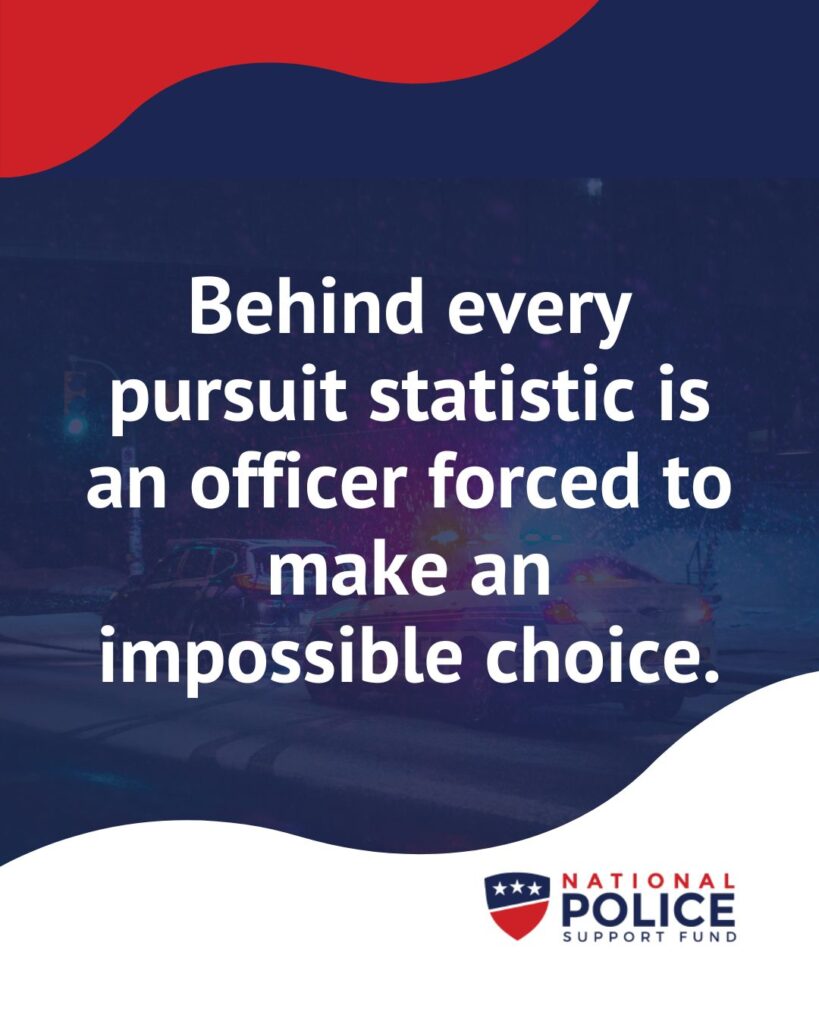According to a 2024 investigation by The Atlanta Journal-Constitution, the State of Georgia has “the worst death rate in the country from police pursuits.” Analysis of national data from 2018 to 2022 found that “people died in Georgia more often as a result of police pursuits than in any other state,” with 201 fatalities recorded during that period.
These statistics aren’t just numbers. They represent tragic losses that affect communities across the state. The Georgia State Patrol (GSP) alone reported 68 pursuit fatalities during this timeframe, with many victims being innocent bystanders caught in dangerous situations they never chose to be part of.
Behind the Numbers: What Makes These Chases So Dangerous?
The Atlanta Journal Constitution investigation uncovered alarming statistics: Georgia State Patrol was involved in more than 6,700 pursuits between 2019 and 2023, resulting in over 3,400 crashes, nearly 1,900 injuries, and 63 deaths. These pursuits often reach extreme speeds and can end in catastrophic collisions.
What often goes unreported is the impossible position officers find themselves in during these situations. Officers must make split-second decisions about whether to pursue a fleeing suspect, knowing that either choice carries significant risk. If they pursue and something goes wrong, they face public scrutiny. If they don’t pursue and the suspect commits another crime, they will face double criticism from both the public and their own consciences.
The data shows the human toll: according to the AJC, “523 bystanders were injured in GSP pursuits during that period, while roughly 470 passengers in the pursued vehicles suffered injuries.” These outcomes weigh heavily on the officers involved, who must live with the consequences of these difficult decisions.
Law Enforcement Speaks Out: Risk vs. Responsibility
Law enforcement officials emphasize that the responsibility for pursuit outcomes ultimately rests with those who flee. As GSP spokesman Capt. Michael Burns stated, “Should the law not be proportionally enforced on those who do not comply, criminals are unchecked, and crime escalates disproportionally and to the detriment of law-abiding citizens.”
Georgia State Rep. Ken Vance, who serves on the House Public Safety and Homeland Security committee, supports this view, saying he “thinks the responsibility for pursuits that result in injuries rests with those choosing to disobey police commands to stop.”
Officers are trained to assess risk versus reward in pursuit situations, but the final call often comes down to professional judgment in fast-moving, high-stress environments. They must balance public safety with their duty to apprehend those who violate the law.

State Law Changes Add Pressure on Officers
Recent policy changes in some Georgia jurisdictions have increased the pressure on officers. For example, after the death of an innocent bystander in Little Five Points, DeKalb County updated its police chase policy in early 2025, “allowing for more pursuits and use of the precision immobilization technique, or PIT maneuver.” While these tools can help combat problems like street racing, they also place additional responsibility on officers.
The AJC report found that “of the 66 deaths involving state trooper pursuits from 2019 to 2023, 19 involved use of the PIT maneuver.” Each of these incidents requires officers to make difficult tactical decisions in rapidly evolving situations.
A National Debate: Do We Need Stronger Policies or More Officer Support?
The national conversation about police pursuits often overlooks the needs of the officers themselves. While some advocate for more restrictions on pursuits, others believe the focus should be on providing better training, clearer protocols, and appropriate legal protections for officers who must make these life-or-death decisions.
Law enforcement supporters emphasize that pursuit-related deaths ultimately stem from the initial choice to flee from police, which is a criminal act. As the GSP spokesperson noted, compliance with lawful orders to stop “would alleviate all pursuits and use of force encounters.”
Moving forward, Georgia must find a balance that preserves public safety while supporting the officers who put themselves at risk every day. This requires a comprehensive approach that includes improved training, appropriate pursuit policies, and recognition of the impossible situations officers often face when criminals choose to flee.
What is Our Role in Pursuit Policy?
At National Police Support Fund, we believe officers should be supported in every aspect of their day-to-day operations, including whenever a high-speed police chase arises.
A law enforcement officer’s job is, by nature, a dangerous one. For most criminals, the main priority is pure personal gain, even at the expense of everyone else’s freedom and safety. To detain such individuals, police officers often need to put themselves in harm’s way, and when this happens, they should be supported by the rest of the criminal justice system.
On-the-job accidents during a pursuit are an occupational hazard for our officers, and they ought to be covered as such, with full access to prompt healthcare and rehabilitation or physical therapy afterwards. At NPSF, we will continue to support legislation that protects officers, even after the dust has settled and the headlines have moved somewhere else.







